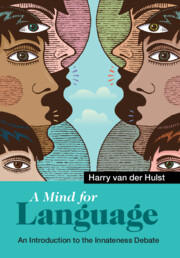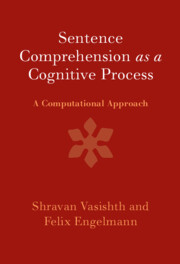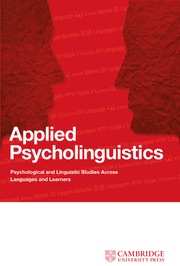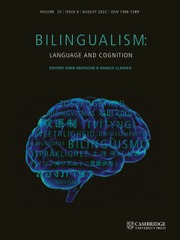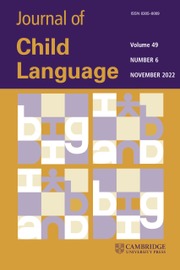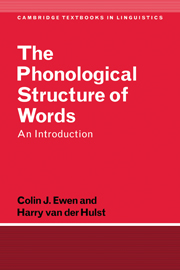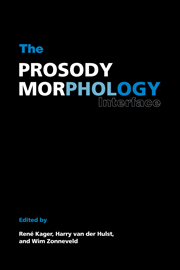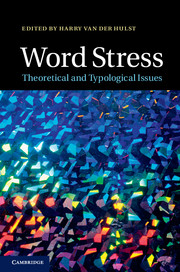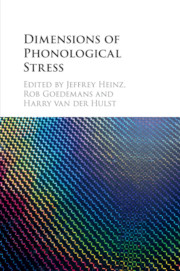A Mind for Language
How does human language arise in the mind? To what extent is it innate, or something that is learned? How do these factors interact? The questions surrounding how we acquire language are some of the most fundamental about what it means to be human and have long been at the heart of linguistic theory. This book provides a comprehensive introduction to this fascinating debate, unravelling the arguments for the roles of nature and nurture in the knowledge that allows humans to learn and use language. An interdisciplinary approach is used throughout, allowing the debate to be examined from philosophical and cognitive perspectives. It is illustrated with real-life examples and the theory is explained in a clear, easy-to-read way, making it accessible for students, and other readers, without a background in linguistics. An accompanying website contains a glossary, questions for reflection, discussion themes and project suggestions, to further deepen students understanding of the material.
- Explains the theory in an easy-to-read way, without complicated formulas, making it accessible for students without a background in linguistics
- Illustrated with real-life examples throughout, making the material engaging
- Uses an interdisciplinary approach, in order to examine the topic from multiple angles
Product details
September 2023Paperback
9781108456494
618 pages
243 × 170 × 36 mm
1kg
Not yet published - available from February 2025
Table of Contents
- I. Introduction
- 1. What this book is about
- II. The never-ending debate
- 2. The innateness hypothesis
- 3. Philosophy of mind
- 4. Cognitive science
- 5. Modularity
- III. The mental grammar, language universals and language change
- 6. The organization of the mental grammar
- 7. Language universals
- 8. Language change
- IV. Language acquisition
- 9. Language acquisition: the road from input to mental grammar
- 10. Stages of language acquisition
- 11. Critical period effects
- 12. How children create new languages
- V. Language in a different modality
- 13. Sign languages
- VI. Winding up
- 14. Evaluating the arguments: a forum discussion.

